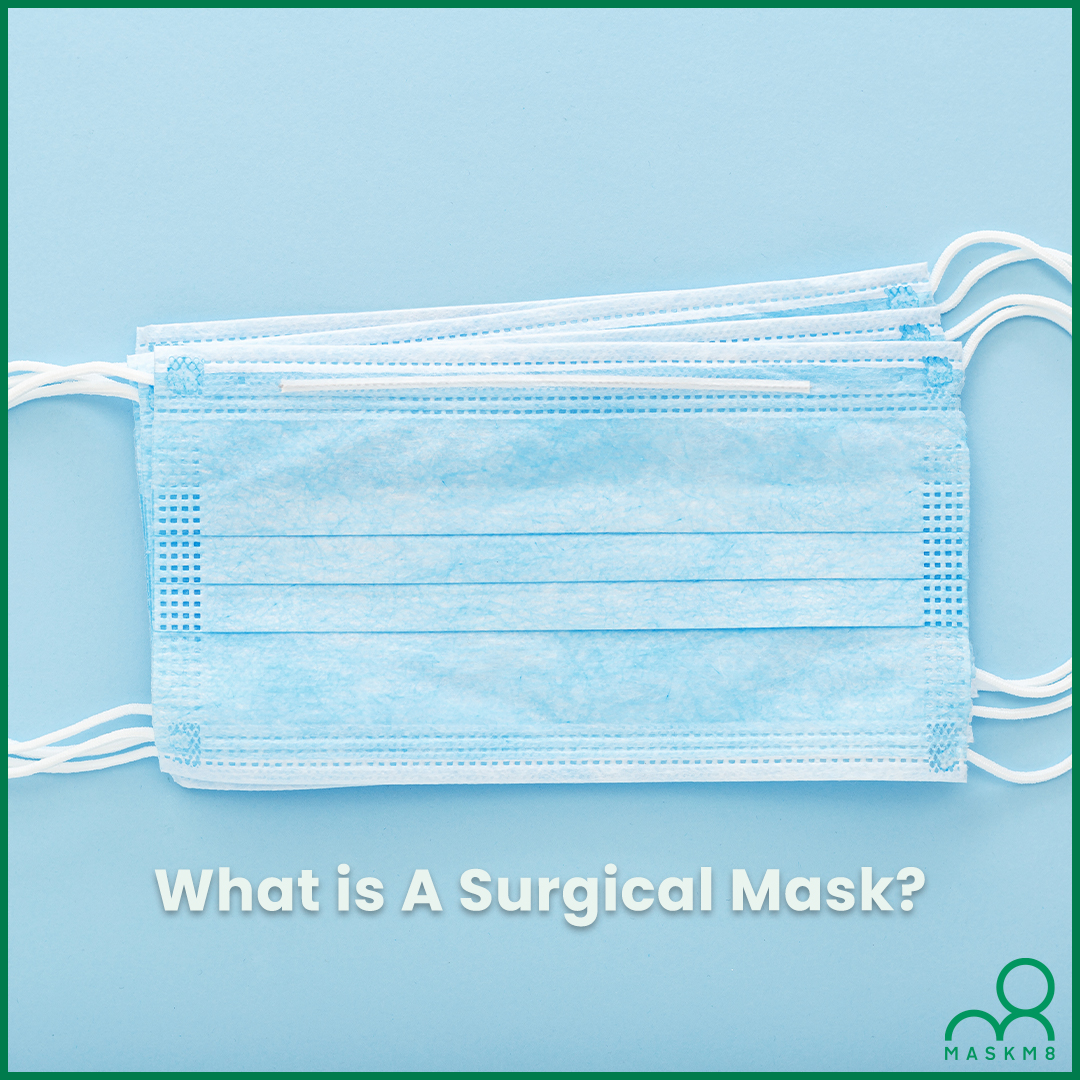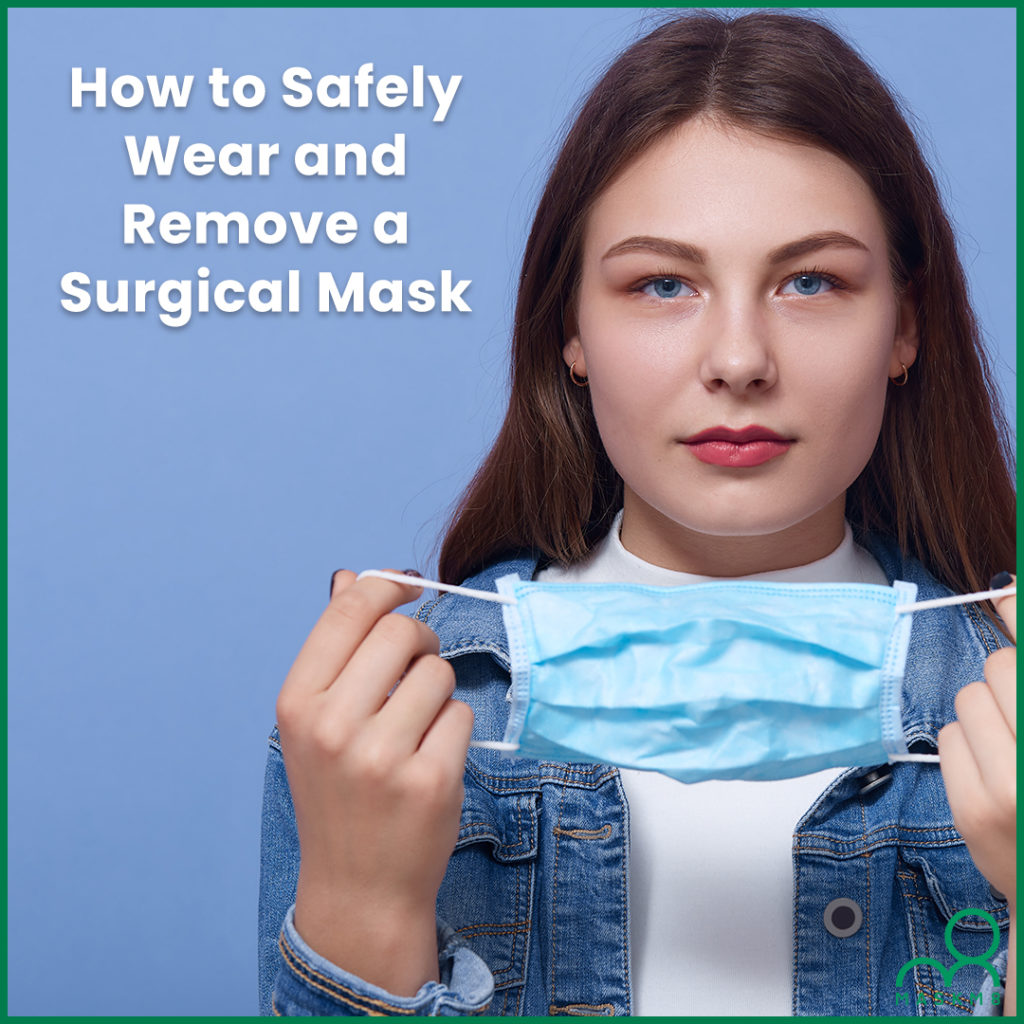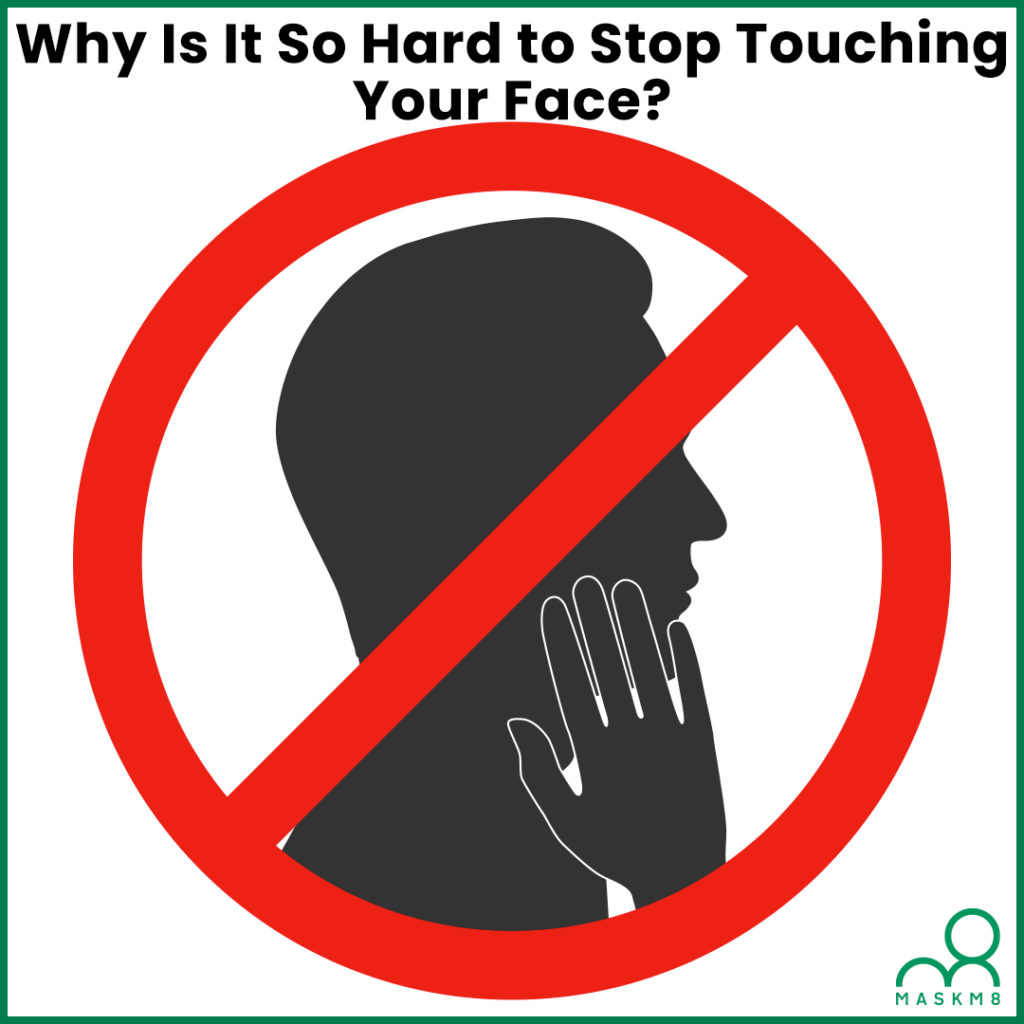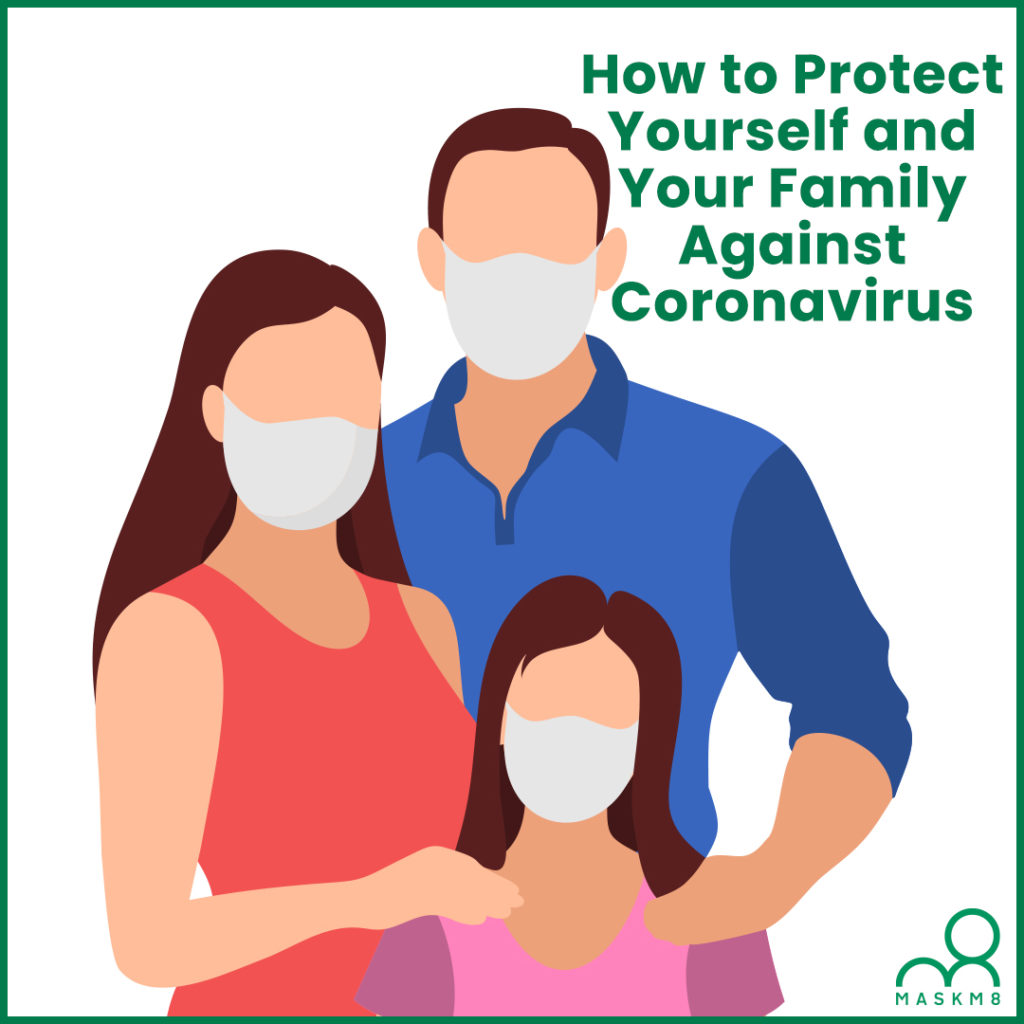In late 2019, a new coronavirus was discovered in humans causing the disease COVID-19. The disease is an infectious illness which causes respiratory symptoms such as a persistent dry, cough, shortness of breath, and fever.
Despite some people with COVID-19 experiencing mild symptoms, others can experience a more severe illness such as difficulty breathing and respiratory failure.
There has been a lot of speculation surrounding face masks and face coverings with different countries adopting differing guidance. Interestingly, in Taiwan, Google searches related to face masks increased rapidly.
Today, we look at surgical masks, what they are and what they could be used for during the COVID-19 pandemic.
What are surgical masks?
Surgical masks are single-use (disposable) face masks. They’re loose-fitting and cover your nose, mouth, and chin. Although designs can vary, the type we sell is blue, flat, and rectangular with pleats. There is a metal strip located on the top of the mask which can be moulded to the shape of your nose for a more secure fit. There are also ear loops to secure the mask to your face.
Our type IIR face mask is 4-ply, so has 4 layers and stops large particles from reaching the wearers face. It also has a splash-resistant later, so protects against bodily fluids, including blood.
Who should wear one?
Because COVID-19 is spread from person to person via respiratory droplets, wearing a facemask may help to prevent the virus from spreading. Some people carry the virus without knowing because they display no symptoms and so, are known as asymptomatic. Therefore, these people can help prevent transmitting the virus by wearing a face mask or covering. However, it is unlikely they’ll be aware they have coronavirus.
Surgical masks are worn by the medical profession. In England, the new guidance states that all hospital staff in every department now need to wear a surgical mask. They are also recommended for people who are already infected with COVID-19 to stop them from transmitting the virus to other people who may live with them or are caring for them.
What else can you do to prevent the spread of COVID-19?
As well as wearing a face covering, there are other things you can do to help stop the transmission of this highly infectious disease. The measures include:
- Washing your hands often with soap and water for at least 20 seconds or using an alcohol-based hand sanitizer (at least 60%) if hand washing facilities are unavailable.
- Practising social distancing wherever possible. Avoid close contact with other people and if you do go out staying 2 metres away from other people.
- Being more aware of touching your face because you can transfer germs from your hands onto your face, where they can then enter your body through your mouth or nose.
Sources
Dental Nursing. (2020). COVID-19: A Guide to Face Masks. Available at: https://www.dental-nursing.co.uk/news/covid-19-a-guide-to-face-masks
Husnaiyan, A et al. (2020). Applications of Google Search Trends for Risk Communication in Infectious Disease Management: A Case Study of the COVID-19 Outbreak in Taiwan. International Journal of Infectious Diseases: 95, pp 221-223.




